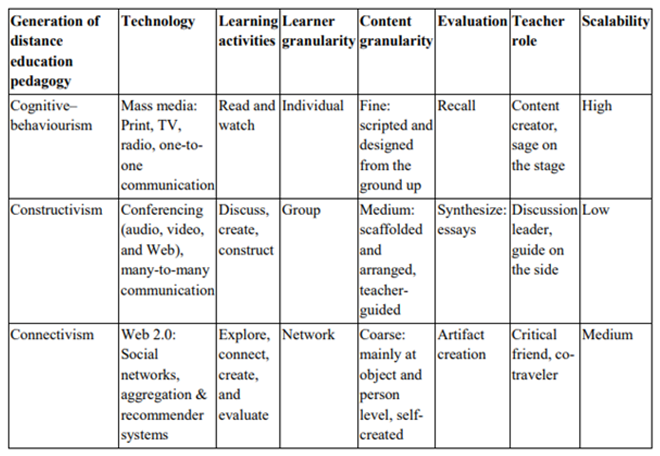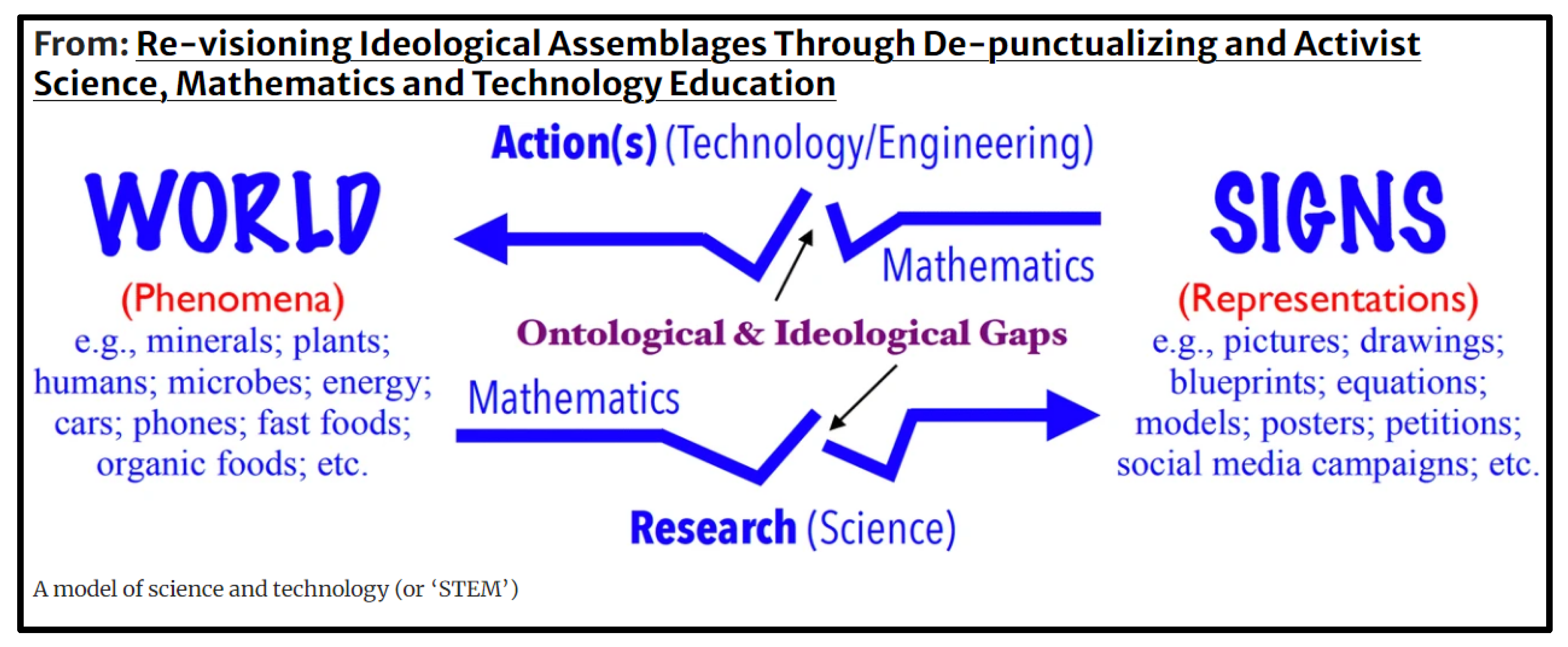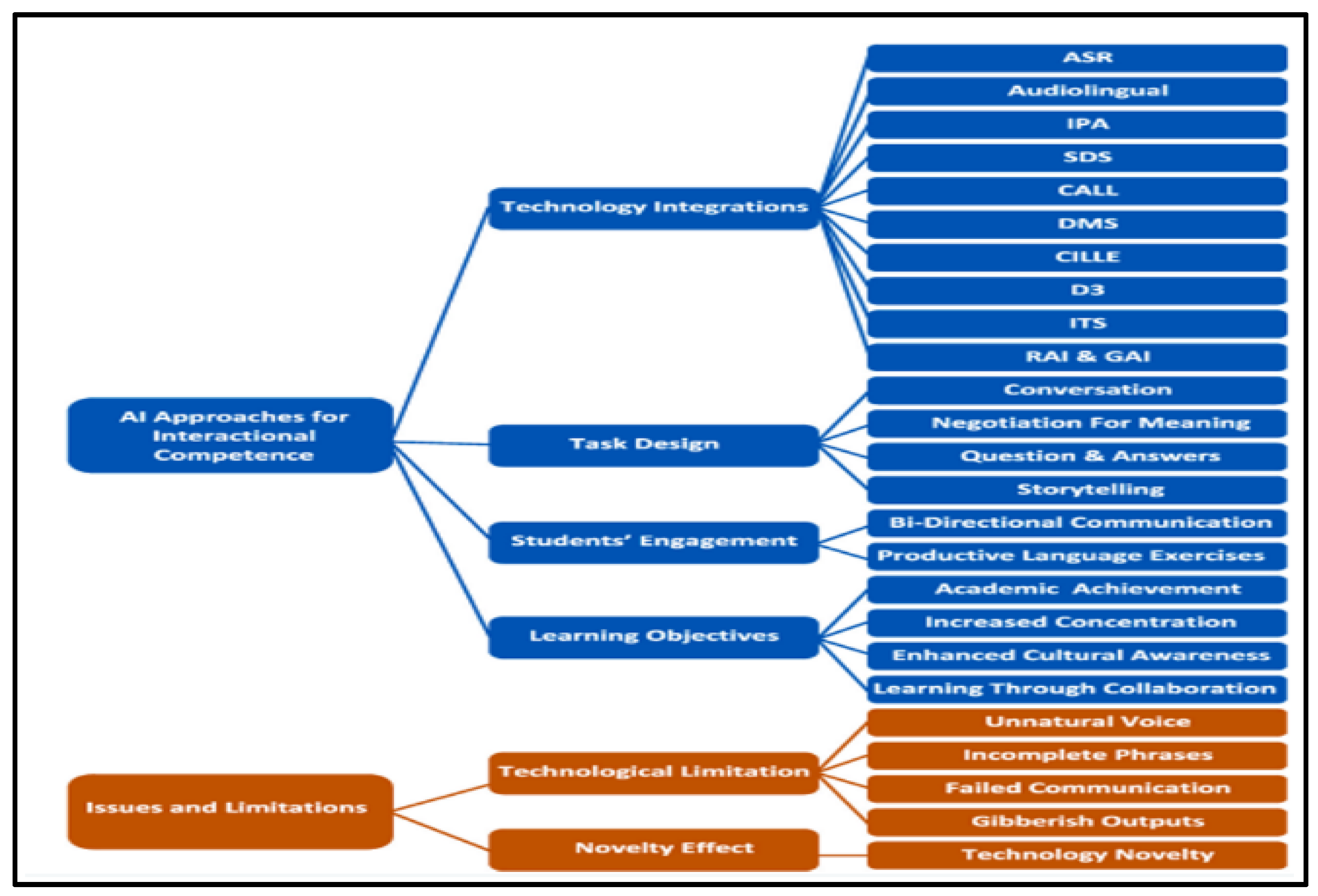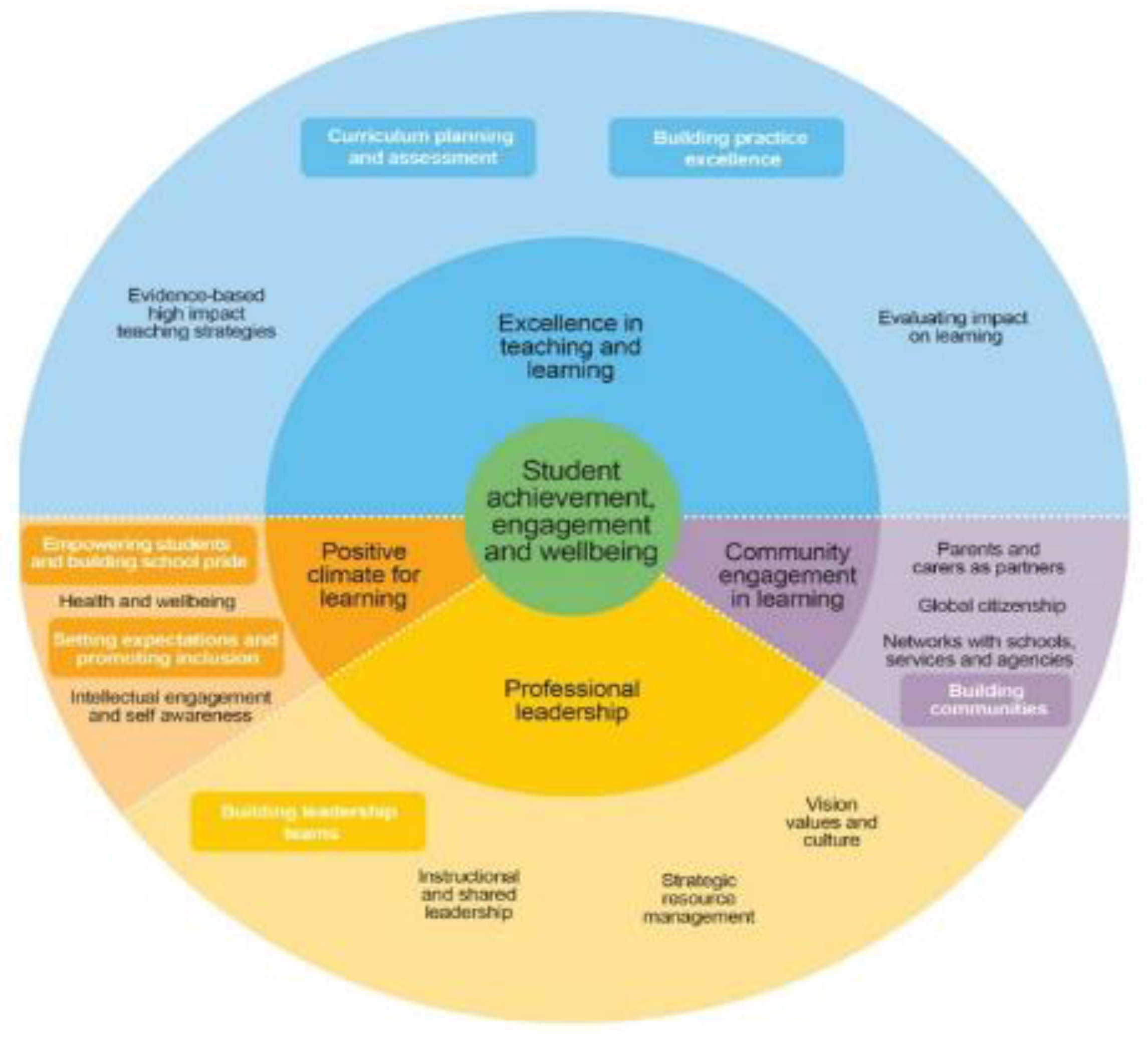Results of the Quantitative
Study Attitudes towards the integration of religion in education - Surveys conducted in various schools revealed that most respondents (67%) consider including religious diversity in the curriculum important for promoting tolerance[
8] and intercultural understanding. However, 24% expressed concerns about potential ideological conflicts that may arise. These results suggest the need for a balanced and well-managed approach to integrating religious education. Use of technology in education - Data collected indicated that 81% of teachers use digital technology in the teaching process, viewing it as an essential tool for enhancing learning. Students also reported a preference for interactive and digital learning methods. However, 29% of respondents highlighted issues related to unequal access to technology, underscoring the need to address digital equity issues. Awareness and behaviours related to sustainability - Surveys showed that 74% of students and teachers are aware of the importance of responsible ecological behaviours. However, only 46% of respondents indicated that their schools have active sustainability education programs. This emphasizes the need for more effective implementation of sustainability programs in schools.
Results of the qualitative study semi-structured interviews - interviews with teachers and experts revealed that integrating religion, technology, and sustainability in education requires an interdisciplinary and collaborative approach. Participants emphasized the importance of ongoing teacher training to equip them with the necessary skills for effectively using technology and promoting sustainable values. One teacher stated, "To prepare students for the future, we need to provide them not only with knowledge but also with values and practical skills. Technology and sustainability must be an integral part of our education."
Observations in schools implementing sustainability and advanced technology programs showed that students are more engaged and motivated when learning is interactive and relevant to current issues. Practical activities, such as ecological projects and the use of digital platforms, were particularly effective in stimulating student interest and engagement.
Discussions integration of religion in education - the results indicate that integrating religious diversity into the curriculum can contribute to the development of empathy and intercultural understanding. However, this needs to be carefully managed to avoid ideological conflicts. Religious education should be presented in a neutral and informative manner, promoting mutual respect.
Technology as an educational tool - technology has proven to be a valuable tool in the educational process, facilitating interactive learning and access to diverse educational resources. However, there are challenges related to unequal access to technology, necessitating policies to ensure digital equity. Teacher training in the effective use of technology is also essential.
Table 1.
Summary of Distance Education Pedagogies
Table 1.
Summary of Distance Education Pedagogies
The application of critical theoretical scholarship to mainstream practices in science and technology education distinguishes this book, and this deep, theoretical treatment is complemented by many grounded, more pragmatic exemplars of activist pedagogies.[
9]
Figure 1.
Source: Bencze, L., & Alsop, S., 2014.
Figure 1.
Source: Bencze, L., & Alsop, S., 2014.
While the impact of technology on the practice of statistics is irrefutable, just as powerful has been the impact of technology on statistics pedagogy and recommended practices.[
10] Blended learning is the combining of learning media to form a training program that fills a specific business need.[
11]
Analyzing both “traditional” and “progressive” education, Dr. Dewey here insists that neither is adequate because they each fail to apply the principles of a carefully developed philosophy of experience. Dewey goes on to illustrate his ideas for a philosophy of experience and its vital relation to education. He particularly urges that all teachers and educators should consider the larger issues of education rather than thinking in terms of some divisive “ism” even one as high-minded as “progressivism”.[
12] It is difficult to say how much the internet and digital media are responsible for the dramatic changes in the contemporary world of work, and how much changes in the world of work are responsible for the increased development and adoption of digital technologies. Much of the increase in internet use by companies has been driven by broader economic changes brought about by globalization.[
13] It is doubtful, however, that globalization would have been possible without the increased connectivity and speed of communication brought about by digital technologies.[
14]
Contributors to Emergence and Innovation in Digital Learning include individuals who are shaping the future of online learning with their innovative applications and investigations on the impact of issues such as openness, analytics, MOOCs, and social media. Building on work first published in Emerging Technologies in Distance Education, the contributors to this collection harness the dispersed knowledge in online education to provide a one-stop locale for work on emergent approaches in the field. Their conclusions will influence the adoption and success of these approaches to education and will enable researchers and practitioners to conceptualize, critique, and enhance their understanding of the foundations and applications of new technologies[
15] It is imperative for adult educators and learners to understand systems, organizations, and relationships that influence our lives as citizens of the world.[
16]
By compiling a comprehensive list of foundational, sociocultural, technological and informational, psychosocial and environmental, and social justice literacies, this volume offers readers theoretical foundations, practical strategies, and additional resources.[
17] Drawing on theoretical and empirical work, it lays bare the messy realities of technology use in education and their implications for contemporary society.[
18] New demands from the information society require education to focus on information management and communication skills, for which IT can be an essential resource. IT offers promising environments and tools to support new approaches to teaching and learning.[
19]
The significance of collaborative efforts between universities and industry, the necessity of adapting educational curricula to align with emerging job roles in the era of artificial intelligence, and the promotion and utilization of innovative tools in academic settings.[
20]
Figure 2.
The specific elements of the EFL model proficiency improvement process. Source: (Zhai C. and Wibowo S., 2023).
Figure 2.
The specific elements of the EFL model proficiency improvement process. Source: (Zhai C. and Wibowo S., 2023).
The learning model at MPPS delineates teaching and learning procedures, as well as policies at the institutional level. All these specificities are defined and geared towards a collaborative educational model, thereby contributing to the establishment of a high-performing educational environment.
Figure 3.
The MPPS learning model. Source: MPPS.
Figure 3.
The MPPS learning model. Source: MPPS.
Education for Sustainability
Despite an increased awareness of the importance of sustainability, the implementation of sustainable development education programs remains inconsistent. Integrating sustainability principles into the curriculum and conducting practical activities are essential to shape environmentally responsible citizens. This paper provides a synthesis of interdisciplinary perspectives on sustainable development and integration of this with the accounting for sustainability literature. In addition, potential accounting research contributions are proposed to support the development of new research avenues.[
21] Re-orienting science and society, re-connecting people and planet and re-imagining education and learning. This is essential reading for educators, educational designers, change agents, researchers, students, policymakers and entrepreneurs alike, who are concerned about the well-being of the planet and convinced of our ability to do better.[
22]
Synergies between religion, technology, and sustainability - the results suggest that an integrative approach combining religious values, technology use, and sustainability principles can create a holistic educational framework relevant for the future. Religion can provide an ethical foundation for sustainable behaviours, while technology can facilitate the implementation and monitoring of these behaviours.
The study demonstrates that the values of modern education can be enriched through the integration of religious diversity, technology, and sustainability. It is essential to develop educational strategies that address these interconnected domains, thus preparing students for the complex challenges of the 21st century.









